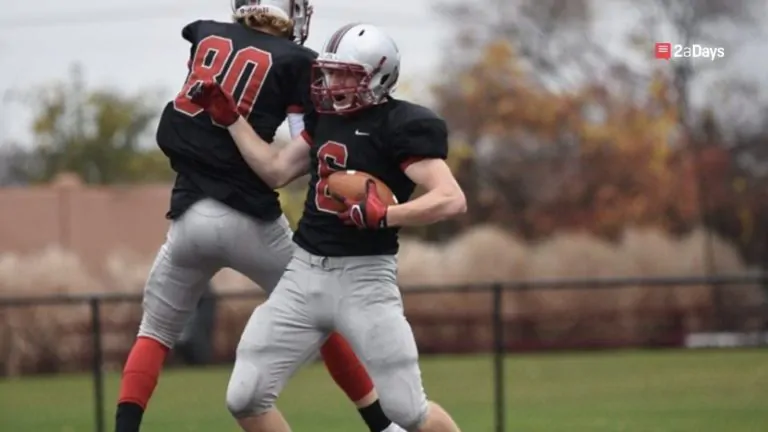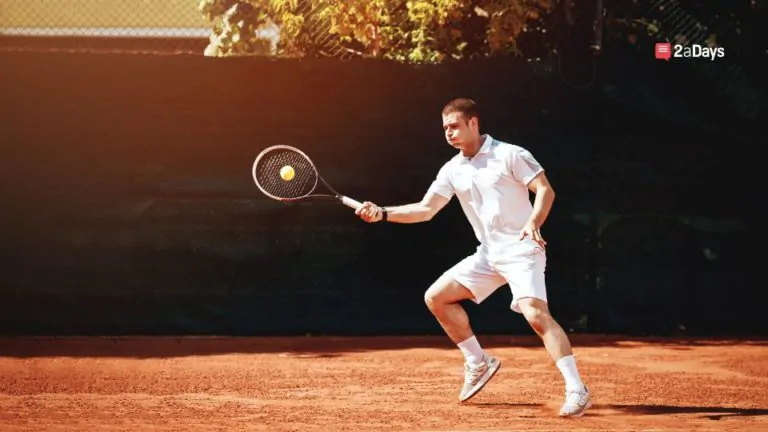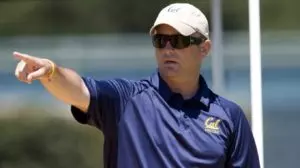During the recruiting process, you will be afforded the opportunity to take unofficial visits to schools that you are interested in. An unofficial visit is that prospects finance themselves. An unofficial visit might feel like an official visit in that it might have a set itinerary. It is a very important part of a prospect's recruitment. Prospects can take an unofficial visit at any age or grade level. You want to make a good impression, so be professional. Studies show that a first impression happens within the first 5 seconds of meeting someone, so make sure you make those seconds count.
The NCAA defines an unofficial visit as any visit to a college campus that is funded by you or your parents. However, the rules of an unofficial visit, just like all rules within the recruiting process, are very stringent. While you are allowed to take as many unofficial visits as you like, you are not allowed to take visits of any sort during the dead periods. Dead periods are stretches of time where coaches and athletic programs are not permitted to have any contact with recruits in any way. You may spend the night with a current student-athlete, but it is a requirement that you or your parents pay the same nightly rate for lodging that a student would. The school and program that you are visiting may not give you anything aside from three complimentary tickets to a school's sporting event. This can be a remarkable experience because it provides recruits with an inside look at what his or her experience, maybe if he or she were to attend a particular institution.
There are some things to look out for in regards to NCAA rules. These red flags are within a category called “personalized recruiting aids.” Some examples of personalized recruiting aids include, but are not limited to, game-day simulations, decorative items, receiving free equipment or apparel, balloons or welcome signs, personalized nameplates on lockers, etc. Keep an eye out for things like this because it could come back to bite you or the athletic program that you are visiting.
Another significant aspect of an unofficial visit is how you conduct yourself in the presence of a coach and while spending the night with a host. Make sure to show respect and interest when speaking or touring the campus with a coach. It is important to express who you are, but you want to find the perfect balance between being too casual and too rigid. Be yourself, but do not overstep boundaries.
Start a conversation! Coaches can learn a lot about you on an unofficial visit, so tell them about your hobbies, interests, goals, family, academics, and home life.
It is also essential that you ask questions. This will help you to express your interest in a particular athletic program. Ask questions about scheduling, academics, campus life, training/ weight lifting, and anything else that is pertinent to your interest in the institution. Some questions you might want to ask include:
- Will I be able to take any class I want? Will athletic scheduling interfere with my academic schedule?
- What is the relationship like with the team and the academic administration?
- What are the academic standards required for me to participate on your team?
- How does the schedule differ through various seasons? What does that schedule look like?
- What is the main focus of the training schedule? Some examples: weightlifting, off-season conditioning, general goals for physical strength.
- How would you define team dynamics? What is the general dedication to success on and off the field?
- How are the facilities? Dorms? Field? Athletic facilities? Dining hall? Library? Ask to see anything that might not be covered by the campus tour.
- What is the best way for me to earn an academic or athletic scholarship? Are there requirements?
These questions are an excellent place to start, but as you continue to engage in conversation, there will be an opportunity to learn about the coach, what are their expectations, and what can you do to heighten the coach's interest.
As you get more comfortable with the coach or with the student-athlete who is hosting you, it will be easy to let your guard down. Remember, you are there to make a good impression. That being said, you will be visiting a college campus, and many things could threaten your future as a student-athlete. When you are with your host or hostess, avoid drinking and partying. A good trick is to count to 10 slowly before you make any decision, that way you can think things through. Also, your overnight will allow you to learn about the team dynamics and what it is like to be a student-athlete at the school that you are visiting. Ask questions! People are more than willing to answer all of your questions and will probably do so with a smile on their face.
Unofficial visits are an essential part of the recruiting process, and they can make or break a school's interest in you. You are the one who is in control of your future, so show commitment, dedication, and ambition, and the rest will fall into place.
* Originally published on December 12, 2017, by Jake Sawyer







